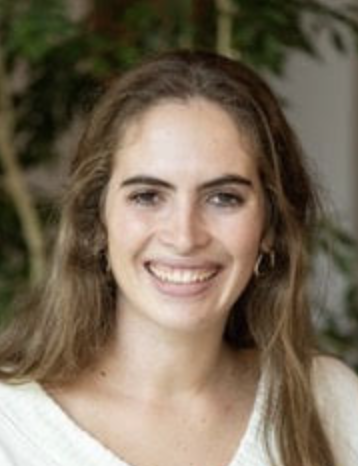Congratulations on making it through college admissions! Here are three life tips to help you make the most of your next adventure.
1. Bet on yourself
I encountered this advice during my first semester, from another freshman. I had just changed my major and was admitting how worried I felt: “I am so lost and indecision is going to keep me from being good at anything.”
My friend said: Let’s start with the assumption that you’re going to work hard. College is going to be really hard no matter what. You might as well make it worthwhile. You might as well bet on yourself. I wasn’t impressed. What does that mean?
I’ve come to understand betting on yourself as trusting yourself while remembering that you are still becoming the future you. In college, this means trusting that your curiosity and passion for something are enough to make it worth your time. It means exploring interests that don’t point directly towards graduating, finding a job, or getting into graduate school. It means trusting that they will pay dividends in your happiness, now and later. Betting on yourself is this—an immense, adult commitment to trust yourself and your instincts.
Now, my friend began his advice with the assumption of hard work. He meant that it is worth working hard in Ancient Greek if you dream of reading the Iliad in Greek, though you are headed to a tech start-up after graduation. It is worth working hard towards a minor in musicology though you want to be a pediatric surgeon more than anything. And, if you are uncertain about your path, it is worth working very hard on each of the things that make you light up—your Computer Science and your Russian literature and your Physics and your Art History—regardless of how they fit together on paper. In retrospect, they may one day weave a perfect narrative to your destination. Or, they may incidentally lead you there. They might even bring you joy alongside a different career! Fully trusting your intellectual instincts in college— “betting on yourself” as I’ve described it—is worth it, regardless.
2. Let yourself be humbled
Though it complements the first, this is more important and much harder.
Get really good at letting yourself be humbled. There are two steps:
- Fail time and time again. Do the things you are drawn to, including those you are not good at. If you like them, keep doing them.
- Commit to accepting failure as failure. Some circumstances are beyond our control—this isn’t failure. Sometimes, however, we really are responsible for negative outcomes in our lives.
There are several ways to deal with this uncool category of things that we messed up. One is to bulldoze over them, moving forward without thought. Another is to deny fault, but to tell yourself to make circumstances better next time. The third is to sit.
Someone out there wrote acceptance is a small, quiet room. I take this image to mean acceptance is a place to sit, calmly and alone. Acceptance is holding yourself accountable, and ultimately, it is forgiving. It allows you to internalize the lessons of failures without making failure part of your self-identity; it maximizes growth and minimizes worry.
Someone else wrote worry is a narrow hallway. As we said, the alternative to letting yourself be humbled is forging ahead immediately. Unfortunately, 1. You’re accompanied by unaddressed worries, and, 2. You aren’t learning from your mistakes. You end up pacing an indefinite hallway, always moving, never resolving.
Let’s zoom back to college academics: Let’s say you signed up for the LSAT. You studied a bit but it was a crazy semester, and you couldn’t commit yourself seriously. You took the test, trusting your test-taking skills and the miracles of adrenaline. You didn’t do well.
Not accepting responsibility might lead you to spiral: “I am incapable of taking the LSAT. There is just something about it. I don’t know—I just can’t do it.” Or, you may try again and make the same mistakes. It sounds trite, but if we don’t sit with our mistakes, we repeat them and lose trust in our abilities. Only by staring at those “time management difficulties” or “yes-to-everything tendencies” can we learn to work with ourselves.
Sometimes, we are the problem! Working towards a healthy relationship with failure is a lifelong practice, but the immediate benefits—measured in lessons learned and anxieties avoided—may surprise you.
3. Network
So, you are now self-driven and humble, congratulations! You must nonetheless learn to network—and what does that even mean? These are a few tidbits that helped me define networking for myself:
- Search for the magic conversation. There is a perfect conversation waiting with every individual in the room — find it! This may not literally be true, but as a practice, it’s helpful. Intentionally reach for the conversation that you and the person across from you could have for hours. Once you strike gold, you’ll know, and you’ll have so much more fun.
- Remember, people are focused on their reasons to be in the room. Most likely, everyone in the space is thinking of their goals—not you! Therefore, your mistakes are unlikely to be noticed, but if you can have just a few shining moments—connection that feels real, or a well-executed elevator pitch, or the smooth exchange of LinkedIns—count them as huge wins.
- Take people seriously. In a room of infinite conversations, where it is normal to leave midway through an interaction with a glance over someone’s shoulder, choose to take people seriously. Maya Angelou famously tells us that people will not remember what you said or did; they will remember how you made them feel. Treat people like people—with an open mind and curiosity—and you’ll likely come away happier, and perhaps even more memorable!


Comments